Australians love their dogs, and they’ve got plenty of slang to prove it!
Whether you’re talking about a working dog, a scruffy stray, or just your beloved pet, there’s a unique Aussie term for it.
Some are affectionate, others a little cheeky, but they all reflect the nation’s love for man’s best friend.
Let’s take a look at 10 Australian slang terms for dogs!
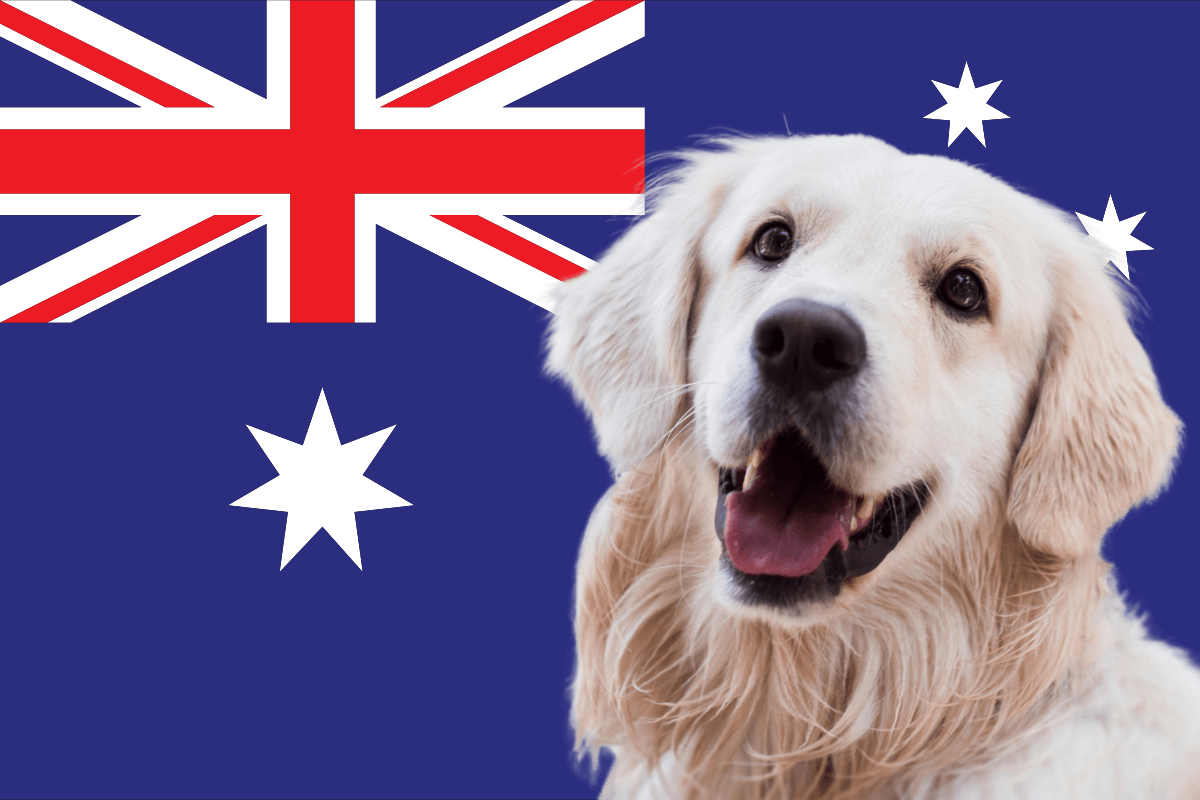
Australian Slang For Dog
Bitzer
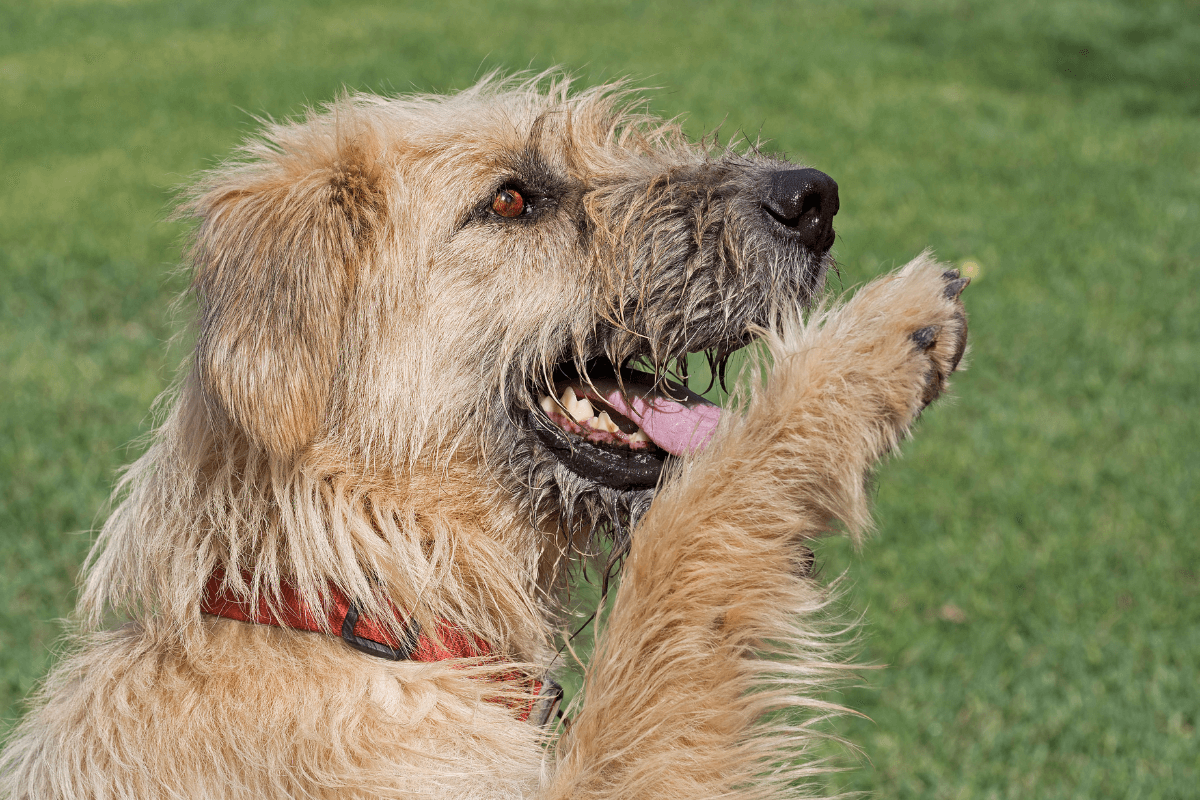
“Bitzer” is a commonly used Australian slang term for a mixed-breed or mongrel dog.
It refers to dogs that aren’t purebred and instead have a mix of different breeds in their lineage.
The term likely comes from the phrase “bits of this, bits of that,” emphasizing their mixed heritage.
For example, someone might say, “That old bitzer has been hanging around the farm for years.”
While “bitzer” can sometimes be used in a slightly rough or dismissive way, it’s also often used affectionately for scrappy, lovable dogs.
Examples in sentences:
- “There are a few bitzers roaming around the neighborhood.”
- “We rescued a bitzer from the shelter last year.”
- “That bitzer might not be purebred, but he’s a loyal mate.”
- “My grandparents always had a bitzer on their property.”
- “I love bitzers—they’ve got so much personality!”
Bluey
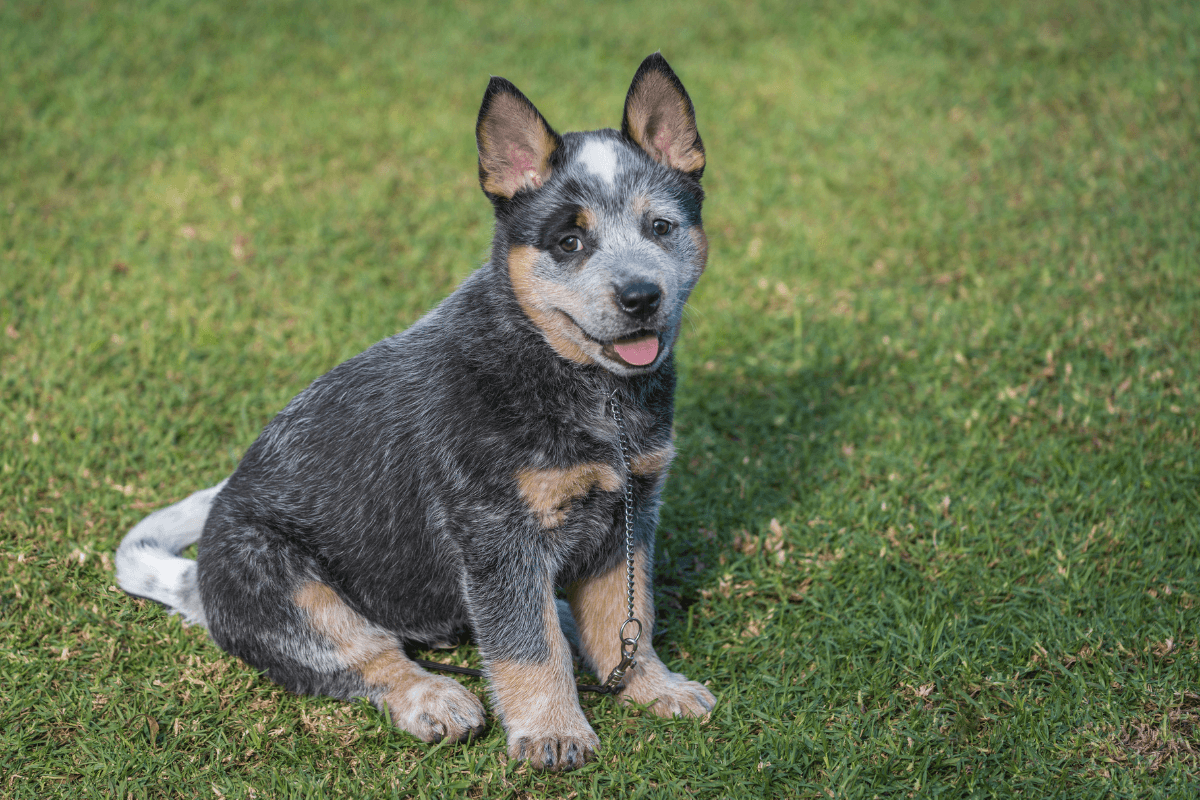
“Bluey” is a popular Australian slang term used to refer to an Australian Cattle Dog, particularly the blue-coated variety.
These hardworking dogs were originally bred for herding cattle in tough Australian conditions, and they remain a favorite among farmers and pet owners alike.
For example, someone might say, “That Bluey is as smart as they come!”
The name comes from the distinctive blue-gray coat of these dogs, though it’s also a common Aussie nickname for red-haired people.
Examples in sentences:
- “We’ve had our Bluey on the farm for years.”
- “That Bluey knows how to round up sheep like a pro.”
- “You can’t beat a good Bluey for a working dog.”
- “Our Bluey is part of the family.”
- “I grew up with a Bluey as my best mate.”
Doggo
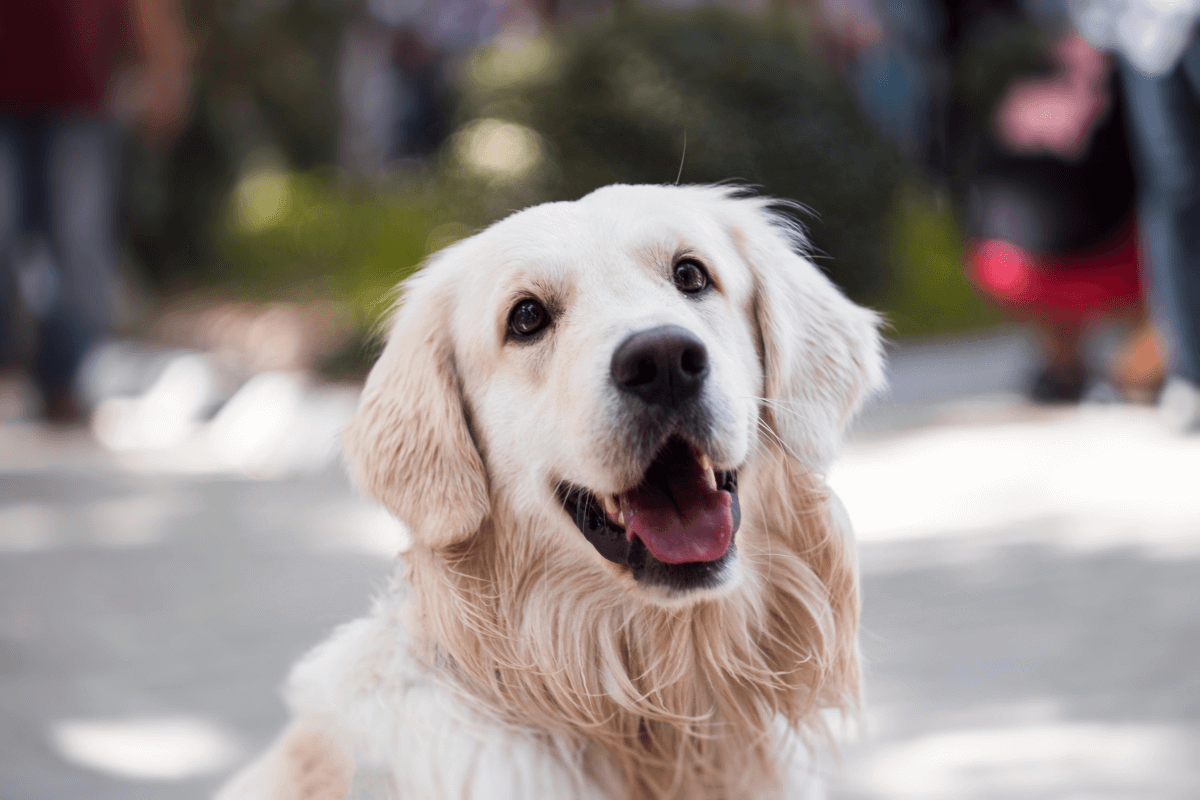
“Doggo” is a playful and affectionate slang term for a dog, commonly used in Australia and other English-speaking countries.
It became popular through internet memes and social media, where it is often used to describe a cute or goofy dog.
For example, someone might say, “Look at that good doggo over there!”
The term is mostly used in a lighthearted or humorous way, and while it’s not uniquely Australian, it has definitely been embraced by Aussie dog lovers.
Examples in sentences:
- “What a friendly little doggo!”
- “My doggo loves going to the beach.”
- “That doggo is living its best life.”
- “Give the doggo some belly rubs!”
- “Rescued a stray doggo today—best decision ever.”
Flea-bag
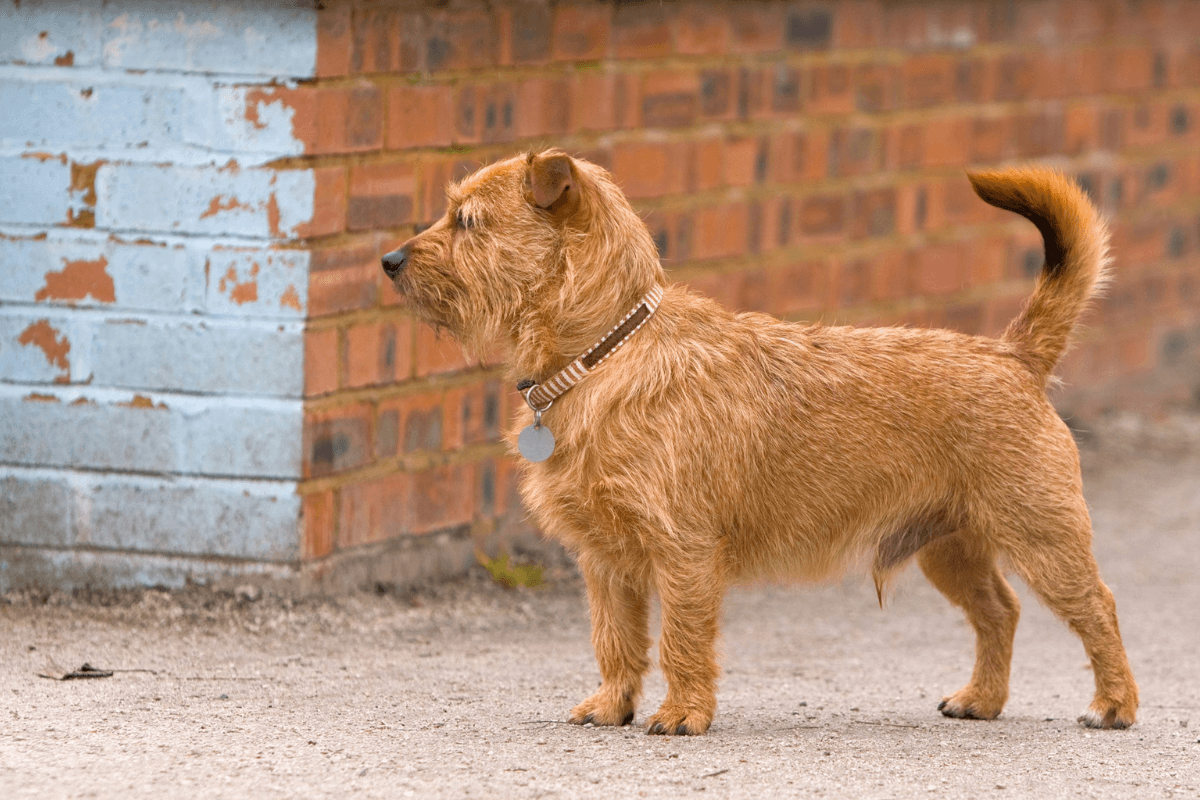
“Flea-bag” is a somewhat cheeky but often affectionate slang term used in Australia to describe a scruffy or unclean dog.
It can be used playfully for a beloved pet that needs a bath or as an insult for a mangy stray.
For example, someone might say, “That old flea-bag has been rolling in the dirt again!”
While the term isn’t exclusive to Australia, it fits right in with the Aussie love for colourful and descriptive language.
Examples in sentences:
- “Come here, you little flea-bag, it’s bath time!”
- “That flea-bag has been hanging around our bin for weeks.”
- “I love my dog, even if he is a bit of a flea-bag.”
- “She rescued a flea-bag from the pound and gave it a good home.”
- “Oi, keep that flea-bag off my couch!”
Kelpie
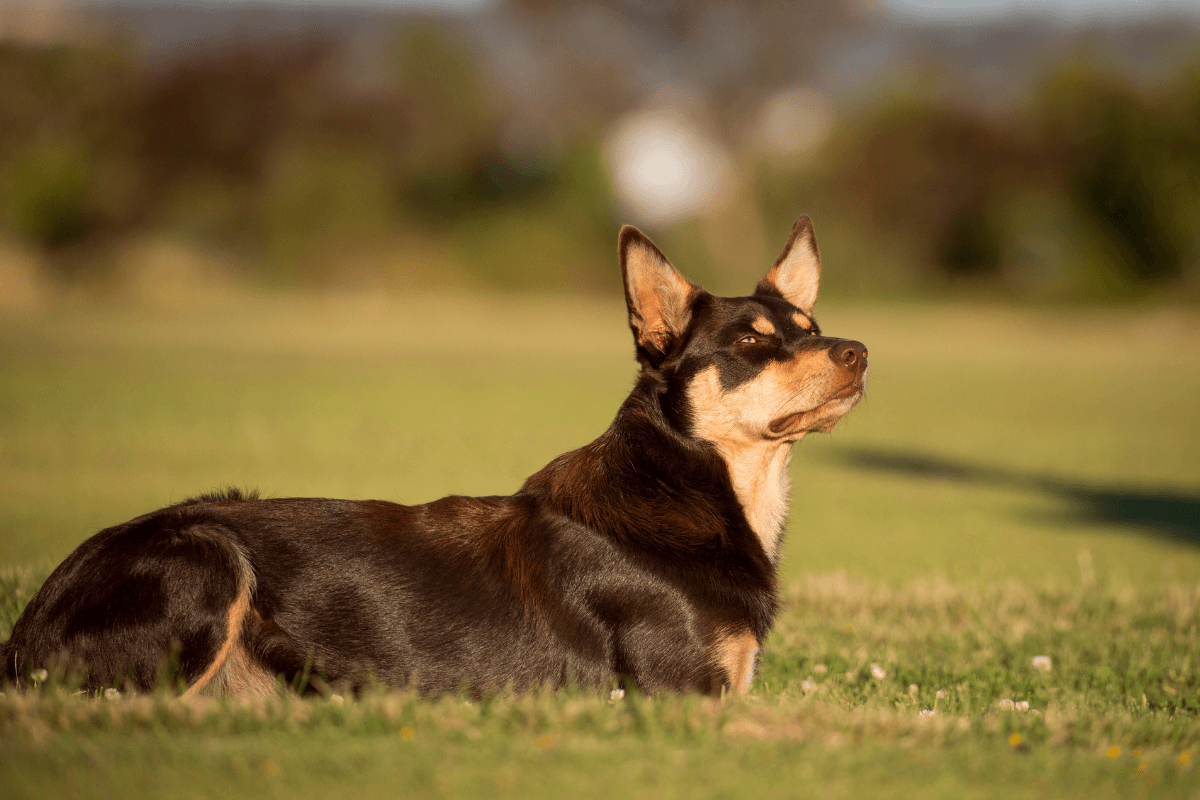
“Kelpie” is an Australian slang term for the Australian sheepdog, a breed that is particularly known for its intelligence, agility, and herding abilities.
While these dogs were originally bred to work on farms, they are now popular as household pets across Australia and beyond.
For example, you might hear someone say, “My Kelpie is great at rounding up the sheep.”
The term has become synonymous with hardworking, energetic dogs in Australia, and it’s used affectionately to describe this breed.
Examples in sentences:
- “That Kelpie can herd a whole flock in no time!”
- “I love the energy of my Kelpie; she’s always ready to play.”
- “A Kelpie makes a fantastic working dog on a farm.”
- “Do you have a Kelpie, or just a regular pet dog?”
- “We adopted a rescue Kelpie, and she’s settled in really well.”
Mongrel
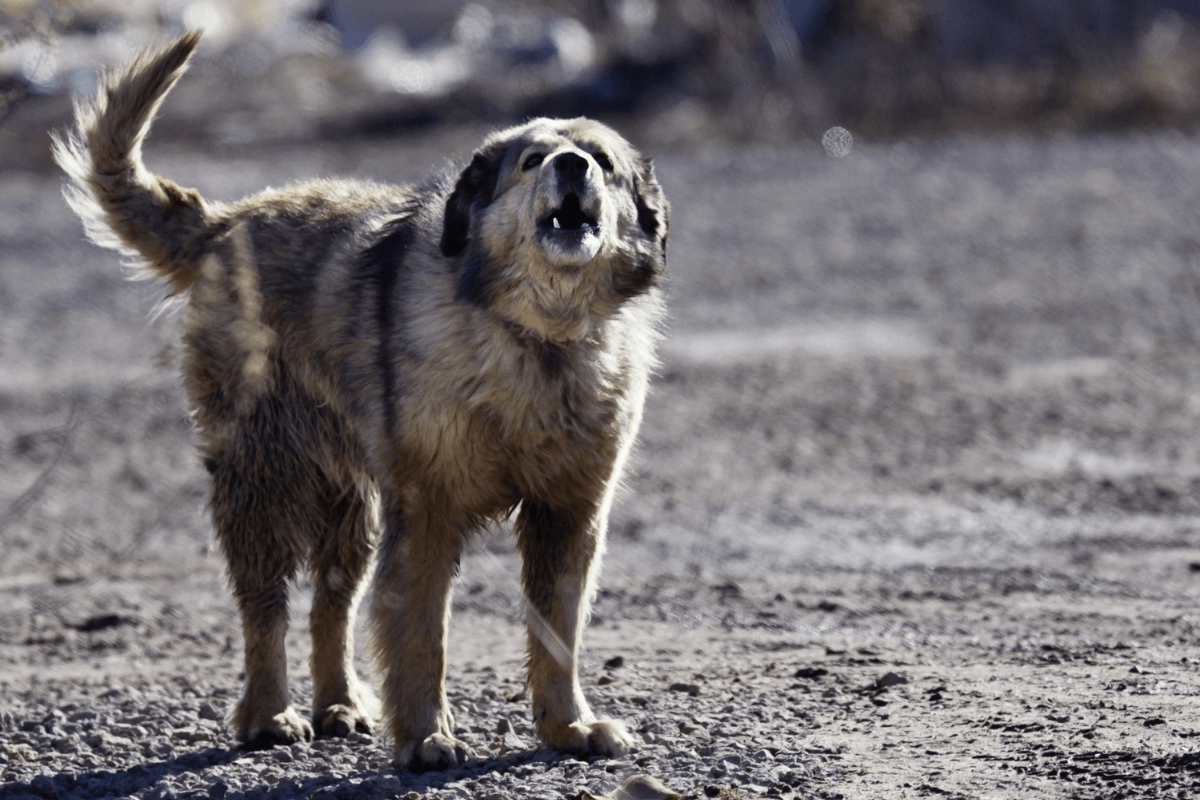
“Mongrel” is an Australian slang term used to describe a mixed-breed dog, often one that is seen as lower in quality or unkempt.
While the term can be used affectionately, it typically carries a more negative connotation, suggesting the dog is a bit of a mutt.
For example, someone might say, “That mongrel dog keeps getting into the trash.”
The word “mongrel” has been in use for centuries and can also be applied to people, meaning someone of mixed or uncertain background, though it’s more commonly associated with dogs in modern slang.
Examples in sentences:
- “That old mongrel dog is always barking at strangers.”
- “He adopted a mongrel from the shelter.”
- “My neighbor has a mongrel that loves to dig holes.”
- “She’s a sweet mongrel with a lot of personality.”
- “The mongrel got into the rubbish bin again!”
Mutt
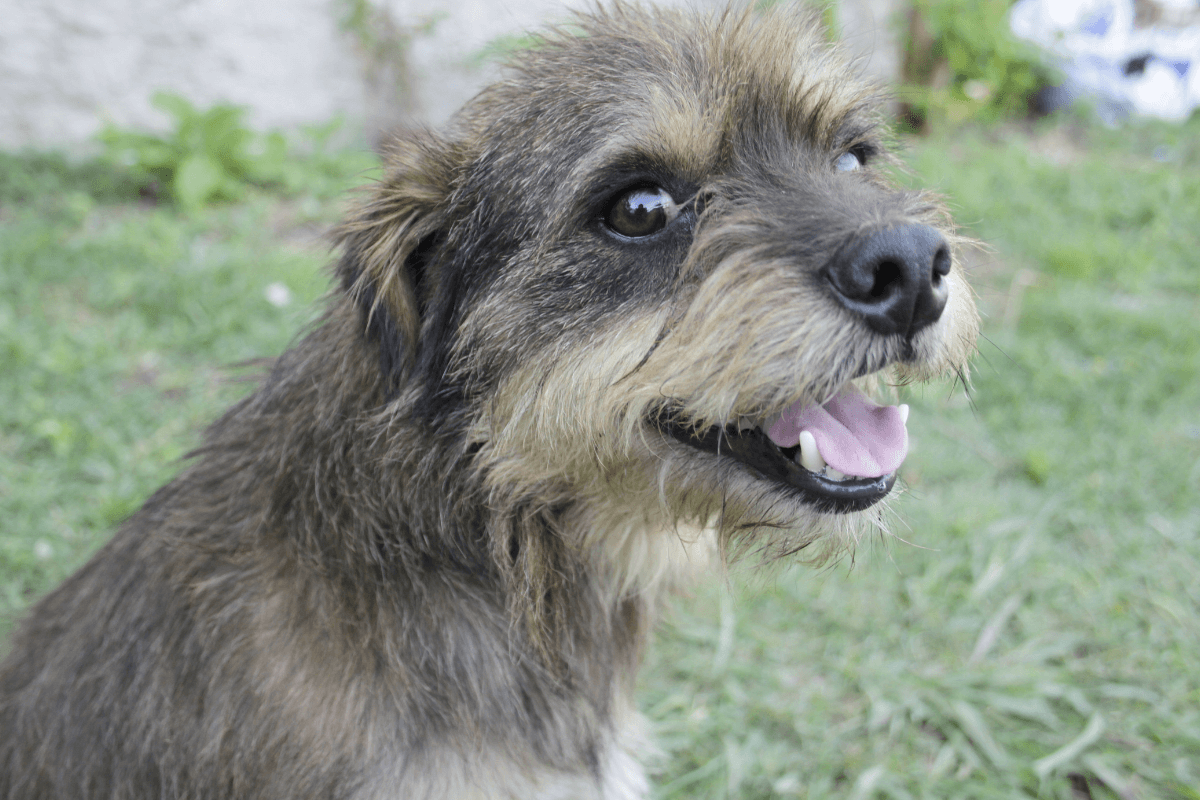
“Mutt” is an Australian slang term for a dog, commonly used to refer to a mixed-breed or mongrel dog.
While it can be used affectionately, the term often carries a bit of a scolding tone, implying that the dog is a bit of a scrappy or mismatched mix of breeds.
For example, someone might say, “That mutt ran off again!”
The word “mutt” has been around since at least the late 19th century and likely comes from the word “muttonhead,” referring to a person considered dull or stupid, which was then applied to dogs seen as less refined or mixed in breed.
Examples in sentences:
- “That mutt’s always causing trouble in the neighborhood.”
- “I love my mutt, she’s got such a sweet nature.”
- “This mutt needs a bath, it’s been rolling in mud.”
- “Stop barking, you silly mutt!”
- “He adopted a mutt from the local shelter.”
Pooch
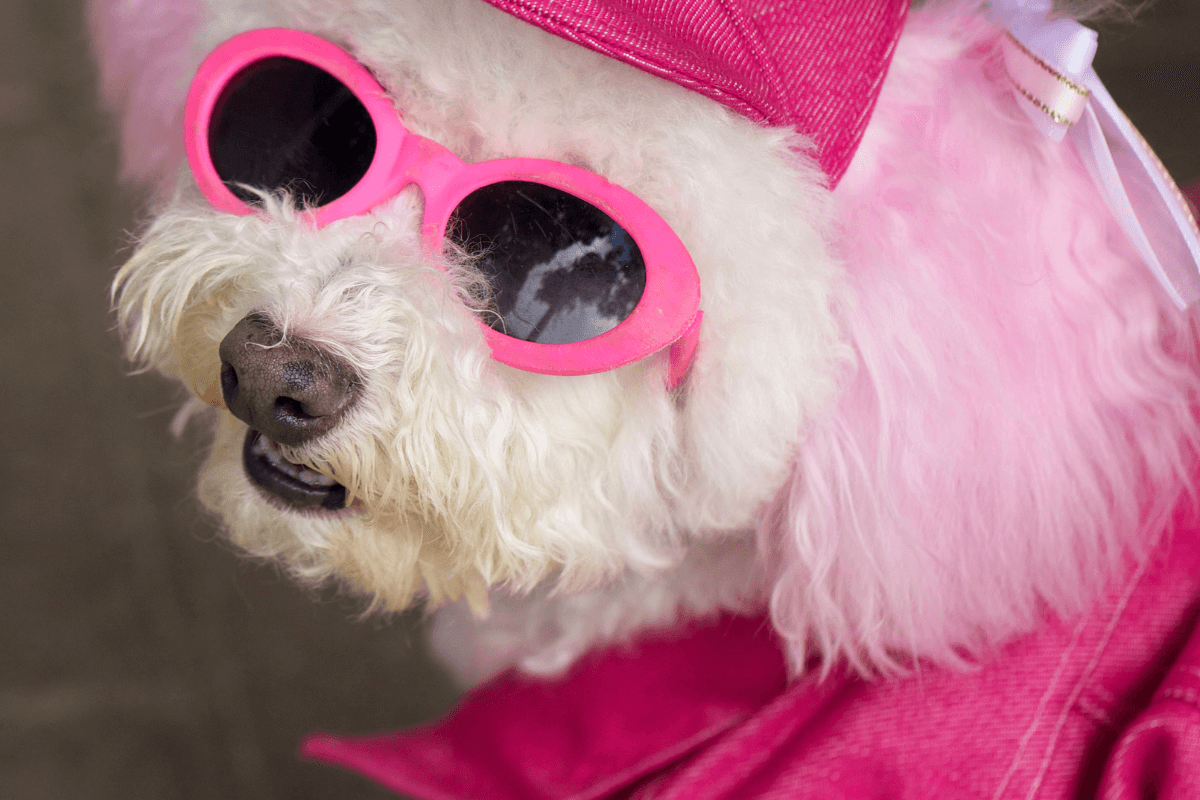
“Pooch” is an Australian slang term used in a friendly and affectionate way to refer to a dog.
It’s often used to describe a dog lovingly, similar to calling them a “fur baby.”
While it is common in Australia, the term is also used in other English-speaking countries.
For example, someone might say, “Look at that pooch, isn’t she adorable?”
The origin of the word “pooch” is unclear, but it became popular in the early 20th century and was likely influenced by American slang, with a few possible sources including the Alaskan native word for whiskey or a coach nicknamed “Pooch” from the 1910s.
Examples in sentences:
- “I love taking my pooch for a walk in the park.”
- “That pooch has the best personality!”
- “Is your pooch coming along for the trip?”
- “My pooch is always happy to see me when I get home.”
- “She bought her pooch a new bed for Christmas.”
Pupper
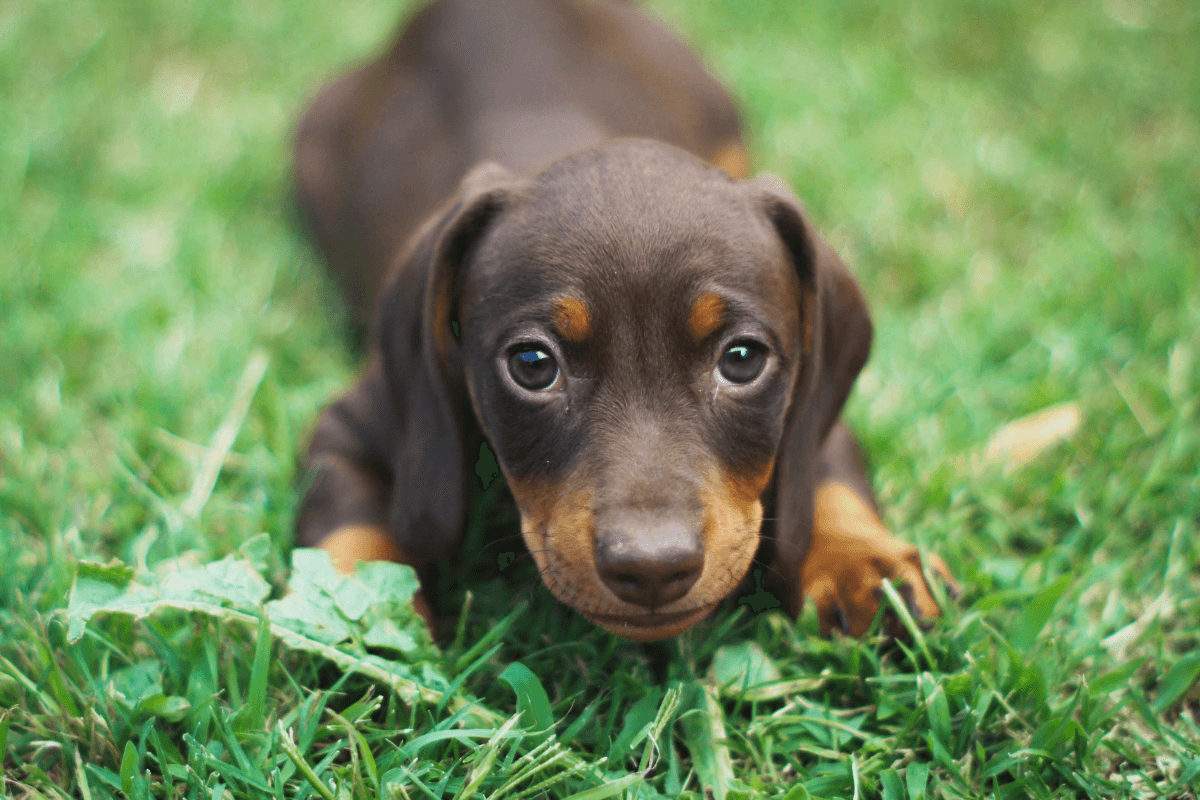
“Pupper” is a playful, affectionate term for a young dog or puppy.
It’s part of the more recent wave of internet-inspired slang, often used in memes or social media posts to describe puppies in an adorable or funny way.
The term has been widely adopted by younger generations in Australia and around the world.
For example, someone might say, “Look at that little pupper, so fluffy!”
The word “pupper” is part of the “baby talk” trend that emerged online, where people create cutesy versions of words for pets or young animals.
Examples in sentences:
- “That pupper looks like he’s ready to play!”
- “She has the cutest pupper that follows her everywhere.”
- “I can’t wait to take my pupper to the park.”
- “This pupper is so fluffy, I just want to cuddle him!”
- “Have you seen that pupper’s ears? They’re massive!”
Woofer

“Woofer” is another cutesy and lighthearted term for a dog.
It’s commonly used to refer to larger dogs, and often with a tone of affection.
The term is sometimes used playfully, especially when someone is trying to capture the dog’s fun-loving or silly personality.
For example, someone might say, “My woofer loves to play in the mud!”
The word “woofer” is likely derived from the sound that dogs make when they bark (“woof”), and is often used to give a dog a more playful or goofy personality.
Examples in sentences:
- “That woofer just ate my lunch off the table!”
- “My woofer needs a good run to burn off some energy.”
- “Look at that woofer go! He’s so fast.”
- “I can always rely on my woofer to cheer me up when I’m down.”
- “That woofer has the best bark—it’s so deep!”
More in Australian Slang
- Australian Slang For Afternoon
- Australian Slang For Alcohol
- Australian Slang For Ambulance
- Australian Slang For Americans
- Australian Slang For Awesome
- Australian Slang For Barbecue
- Australian Slang For Beautiful
- Australian Slang For Beer
- Australian Slang For Boyfriend
- Australian Slang For Breakfast
- Australian Slang For Carpenter
- Australian Slang For Chocolate
- Australian Slang For Christmas
- Australian Slang For Cigarette
- Australian Slang For Clothes
- Australian Slang For Crocodile
- Australian Slang For Dad
- Australian Slang For Dinner
- 10 Funny Australian Dog Names That Will Have You Howling!
- Australian Slang For Drunk
- Australian Slang For Excited
- Australian Slang For Flip-Flops
- Australian Slang For Friend
- Australian Slang For Gas Station
- Australian Slang For Girl
- Australian Slang For Girlfriend
- Australian Slang For Goodbye
- Australian Slang For Hello
- Australian Slang For Kangaroo
- Australian Slang For Lazy
- Australian Slang For Liquor Store
- Australian Slang For Lucky
- Australian Slang For Man
- Australian Slang For Plumber
- Australian Slang For Police
- Australian Slang For Quilt
- Australian Slang For Redneck
- Australian Slang For Sandwich
- Australian Slang For Sausage
- Australian Slang For Swimsuit
- Australian Slang For Thank You
- Australian Slang For Toilet
- Australian Slang For Wine
- Australian Slang For Yes
- Australian Slang Quiz

